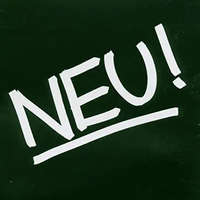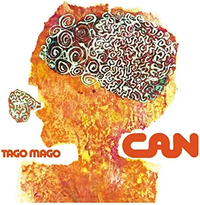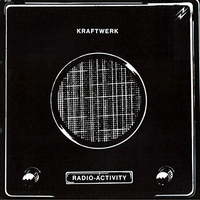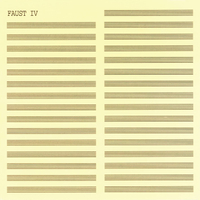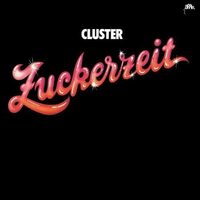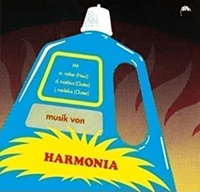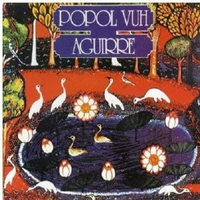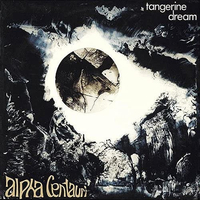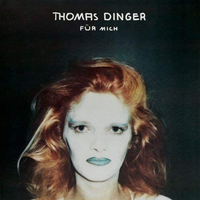Although it was given second wind when David Bowie and Brian Eno yammered on about it circa Low and Heroes in ‘77, Krautrock had first left the fatherland and put boots on British soil at the start of that decade. Not that any of the bands involved happily answered to the term. Some say it was coined by John Peel (who championed Tangerine Dream’s Atem in ’73); others claim it was pulled from an Amon Duul track which spoke of “the Sauerkraut band”. Faust called the opening track on their fourth album Krautrock, but that was a dig at how stupid they thought the Brits were. “When English people started talking about “Krautrock”, they said, “We thought they were just taking the piss”.
While the Dad’s Army simplification of the phrase gives an insight into the UK’s Seventies insularity, it’s nonetheless become a useful catch-all category for innovative German music of the era. It’s imperfect, however: what we tend to lump under “Krautrock” ranges from avant-garde dance to proggy space rock to minimalist electronica. Kraftwerk, for example (hardly rock) are polar opposites to Can (often funk). Some German acts preferred the term “kosmische”. Julian Cope, aficionado of the German underground scene, once wrote that Tangerine Dream echoed the space rock of Pink Floyd “but removed the rock”.
So debate will go on, as does the music’s influence still does, long beyond Bowie’s curatorial embrace. The persistent trait in these grooves and trips is the players’ determination to eschew American rock’n’roll clichés and create their own European but non-Anglicised identity. Songs? Melodies? Choruses? Not important. The machine-like, the mechanical, suggested that the blues no longer ran the game. This new West German generation (motivated by the student protests of ’68) was making its voice heard amid a post-WW2 cultural vacuum, rejecting their Teutonic ancestors and Yankee hand-me-downs, forging their own radical aesthetic. They’d admit, begrudgingly, to a fondness for The Velvet Underground, Frank Zappa and Floyd, but they were moving the goalposts to the far side.
’74 saw Autobahn driving Kraftwerk to cult attention, a year after the then-bold Virgin Records had flung The Faust Tapes at a larger audience. (It sold 50,000 copies, albeit at 49p each). Tangerine Dream attracted fans in the wake of Tubular Bells; Can’s Future Days, as Cope put it, “sounded only like itself, like no-one before or after”. The best Krautrock albums live up to that level, marching to their own Motorik. Halleluhwah!


